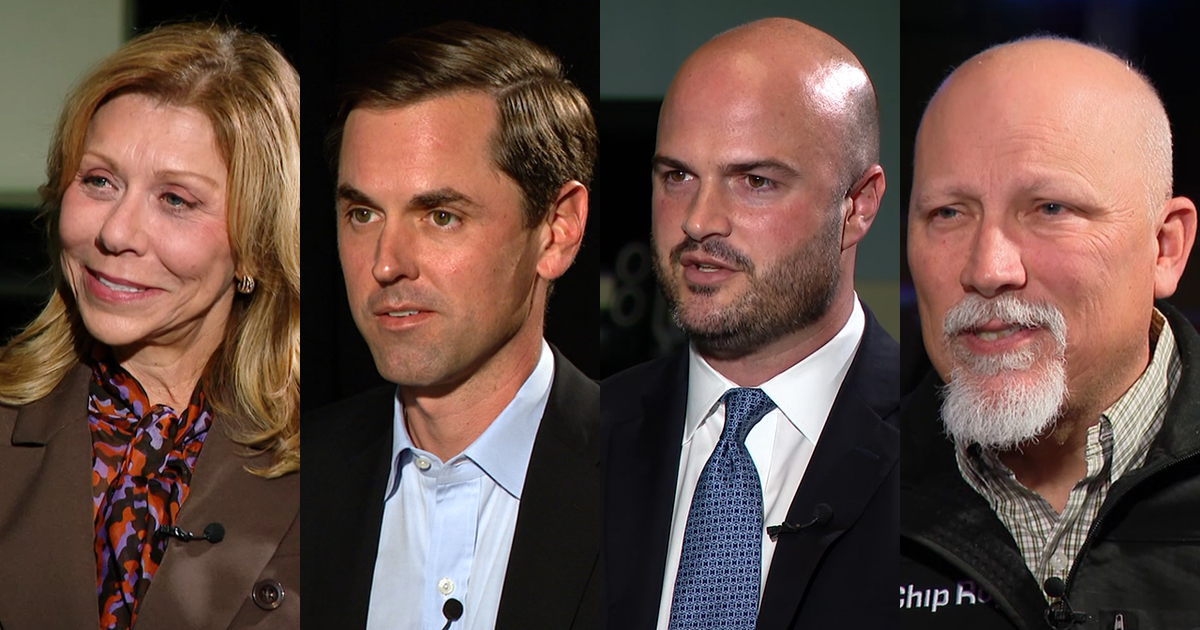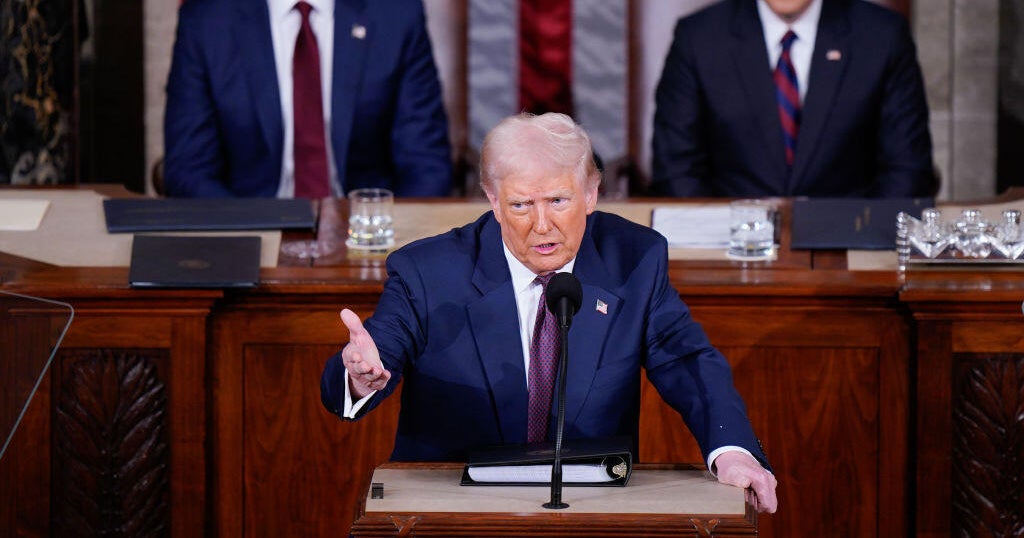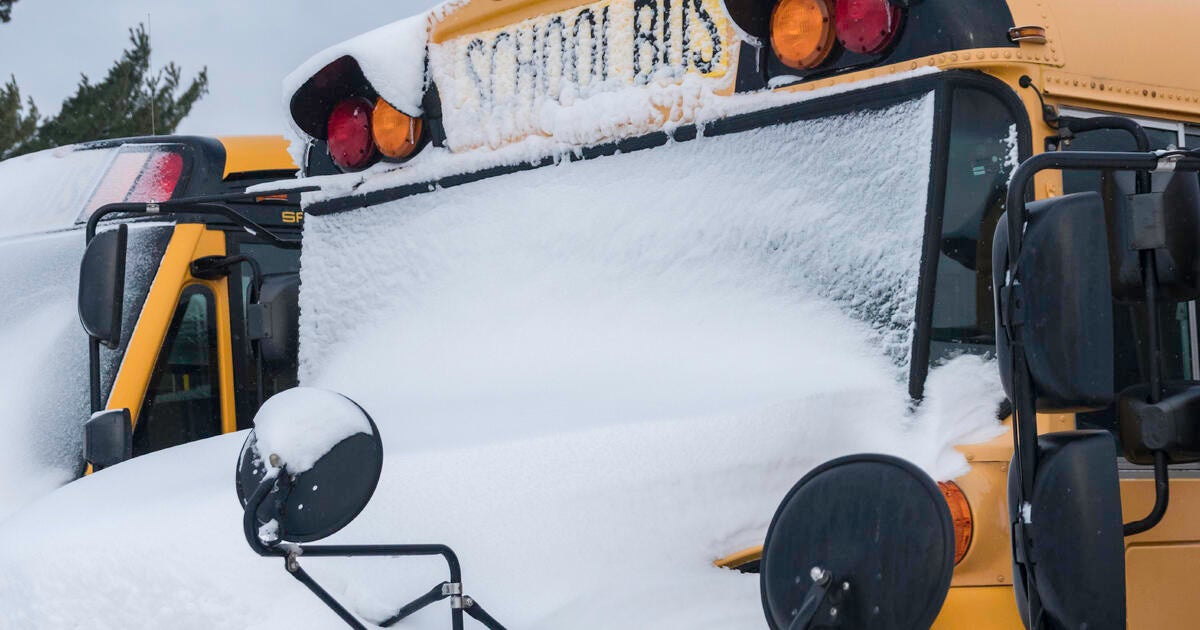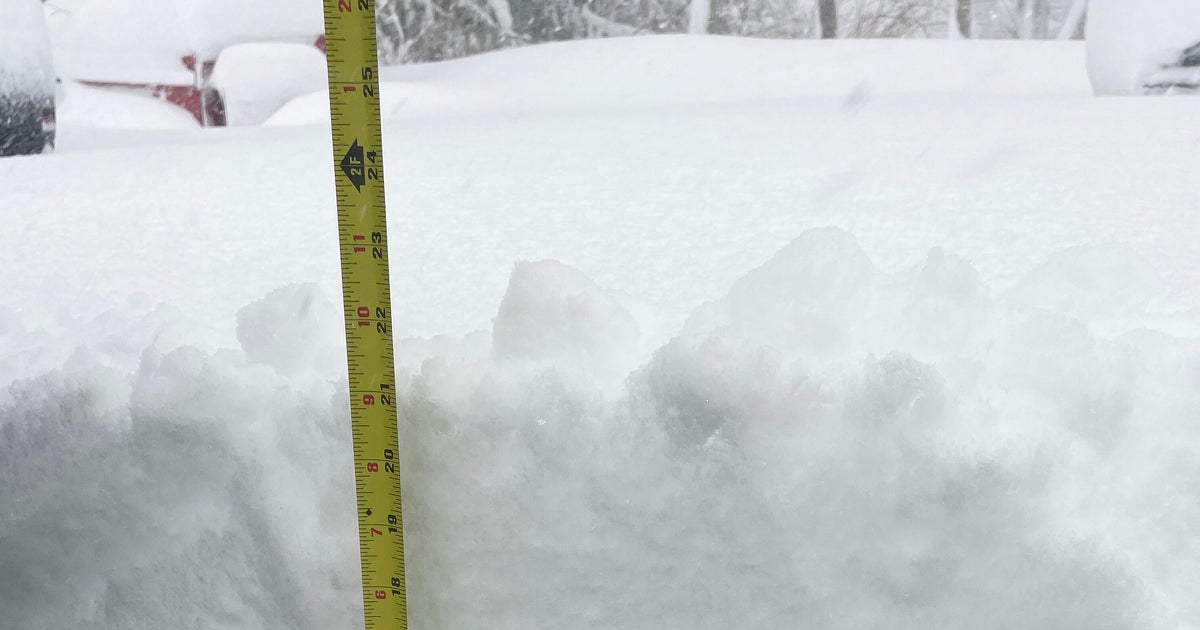Republicans challenge Massachusetts' new mail-in and early voting law
By PHILIP MARCELO Associated Press
BOSTON - Massachusetts' highest court heard arguments Wednesday in a Republican challenge to the state's new mail-in and early voting law, which is expected to take effect for September's primary.
The judges, after peppering both sides with constitutional questions for less than an hour, recessed and are expected to rule later.
State election officials, in the meantime, are readying to send more than 4.7 million ballot applications to voters by July 23 ahead of the Sept. 6 primary.
The state Republican Party contends the VOTES Act, a bill Republican Gov. Charlie Baker signed into law in late June after clearing the Democrat-controlled state legislature, violates the state constitution.
The new law makes so-called "no excuse" mail-in ballots and early voting permanent fixtures in Massachusetts elections. It also increases ballot access for voters with disabilities, service members overseas and incarcerated individuals, as well as takes steps to modernize the state's election administration process.
Many of the voting options included in the new law were implemented during the height of the coronavirus pandemic and proved popular.
But the GOP argued in its complaint that the expansion of mail-in and early voting during the pandemic was only meant to be temporary until normal voting practices could resume.
In a legal brief filed ahead of Wednesday's hearing, the party argued voters must cast their ballots in person on election day, with limited exceptions.
They maintain voters can only seek a mail ballot if they meet one of the exemptions spelled out in the state constitution, such as being out of town on election day or unable by reason of physical disability or religious belief to cast their vote in person that day.
But lawyers for Secretary of the Commonwealth William Galvin, a Democrat whose office oversees elections, countered Wednesday that the new law is appropriate.
Under the state constitution, the state legislature has broad powers to regulate elections and is not as narrowly confined as Republicans suggest, argued Assistant Attorney General Adam Hornstine.
"Nothing in the Complaint demonstrates that the Legislature acted irrationally by implementing these reforms, notwithstanding Plaintiffs' repeated attempts to mischaracterize what the law, in fact, requires," he said in a legal brief filed ahead of the hearing.
If upheld, Massachusetts would join 34 states and Washington, D.C., in offering "no-excuse" absentee voting, according to the National Conference of State Legislatures.







